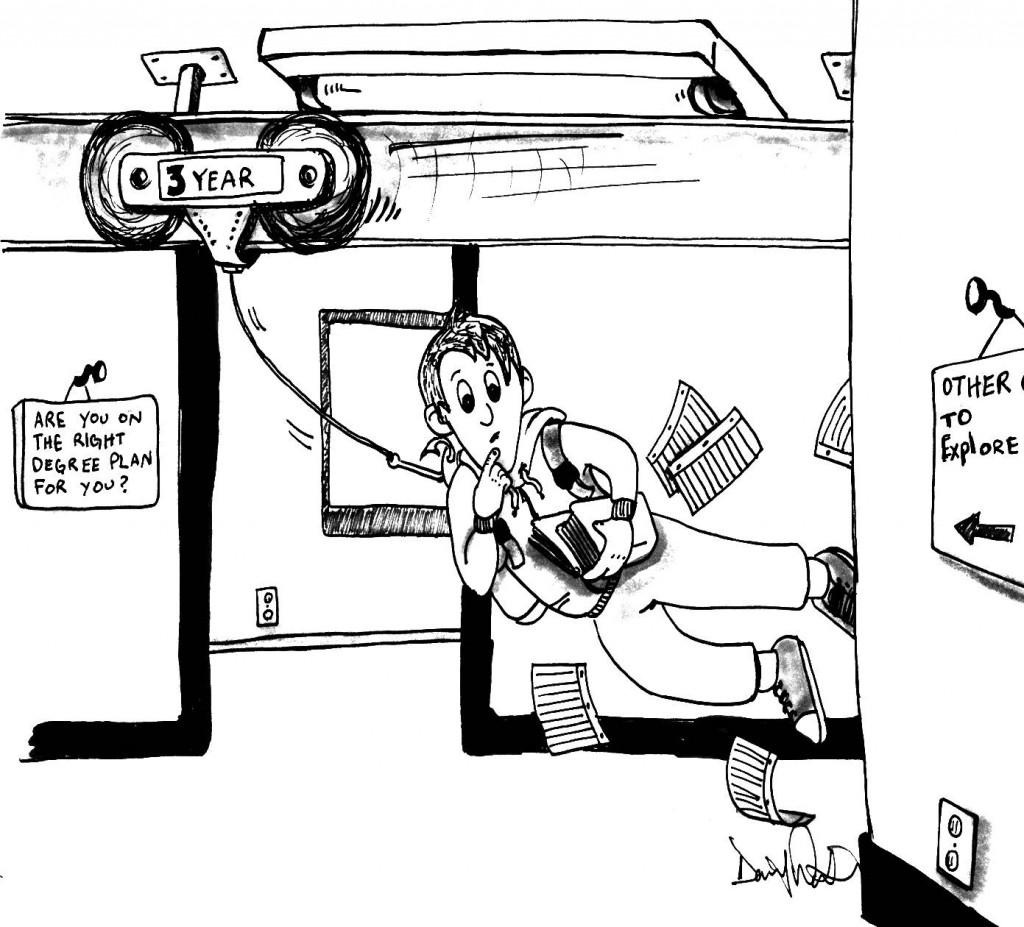Viewpoint by Keisha McDuffie/reporter
Comedian Ron White jokes about Texas saying, “Other states are trying to abolish the death penalty. Mine’s putting in an express lane.”
According to the Death Penalty Information Center, 95 percent of all executions in 2008 were carried out in the South. A staggering 50 percent were in Texas, and Dallas County residents alone made up 7 percent of those executed last year.
Of the 35 states where capital punishment is legal, Texas seems to have the most notorious reputation for its casual, almost smug attitude about the death penalty and even more so for its “not afraid to use it” disposition.
It costs taxpayers an estimated $2.3 million to execute a prisoner in Texas after all the litigations and appeals processes. That’s three times the cost of housing an inmate for 40 years. The cost for an inmate on death row, after numerous appeals, has reached $30 million before.
Dallas County released two more men who were wrongly convicted in 1996 for murder. That makes more than 40 Dallas County convictions overturned, some because of new evidence and some because of post-conviction DNA testing.
Post-conviction DNA results have led to the exoneration of more innocent people in Texas than in any other state in the country, according to The Justice Project. Nine people have been released from Texas’ death row based on evidence of their innocence.
Dallas began post-conviction DNA testing in 2001, possibly because Dallas has preserved evidence such as rape kits dating back to the early ’80s. However, with a system plagued with so many inaccuracies, it is less than fair to sentence another person to certain death without being certain of the person’s guilt.
Capital punishment should be used in only extremely violent cases when the identity of the perpetrator is matter of fact, not just circumstantial. By no means should these admitted intolerable acts be overlooked or undermined. They should be dealt with accordingly.
However, if judges and juries in Texas began to adopt some of the habits of states in which capital punishment was not the first choice of punishment in every single murder case, it might save taxpayers a little. It might even save an innocent person’s life.
























